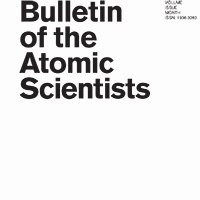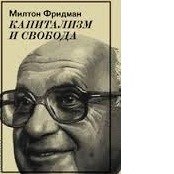(Routledge) (Co-authored with J. Shapiro) The Obama administration has stated its intention to avoid a new Cold War, but it has also demonstrated little interest in addressing the core issue in the dispute, namely the regional order in post-Soviet Europe and Eurasia. This “middle way” policy has failed. In order to head off a new Cold War, the United States should lead the West in a new approach that eases competition over countries like Ukraine.
– – – – –
US–Russian relations have been in a downward spiral since Vladimir Putin took the fateful decision to invade Crimea in February 2014. More than two years later, the situation is as grave as it has been since the heated days of the Cold War, in the early 1980s. Russia and the United States are fighting a proxy war in Syria in all but name. Meanwhile, Moscow, still furious after the downing of a Russian bomber in November 2015, seems to be on the brink of war with Turkey, a NATO ally of the United States.
Bilateral diplomatic channels remain open and even active, but they have done little to alleviate the tensions. In the West, distrust of Russia and fear of its aggressive unpredictability means that any concession to Russia inspires fierce accusations of appeasement (Macdonald 2015). In Russia, a sense of historical grievance supports an authoritarian strongman who revels in his willingness to take risks and to assert Russia’s still potent military strength. […]
Read More © Routledge/Taylor & Francis Group (Free access)











